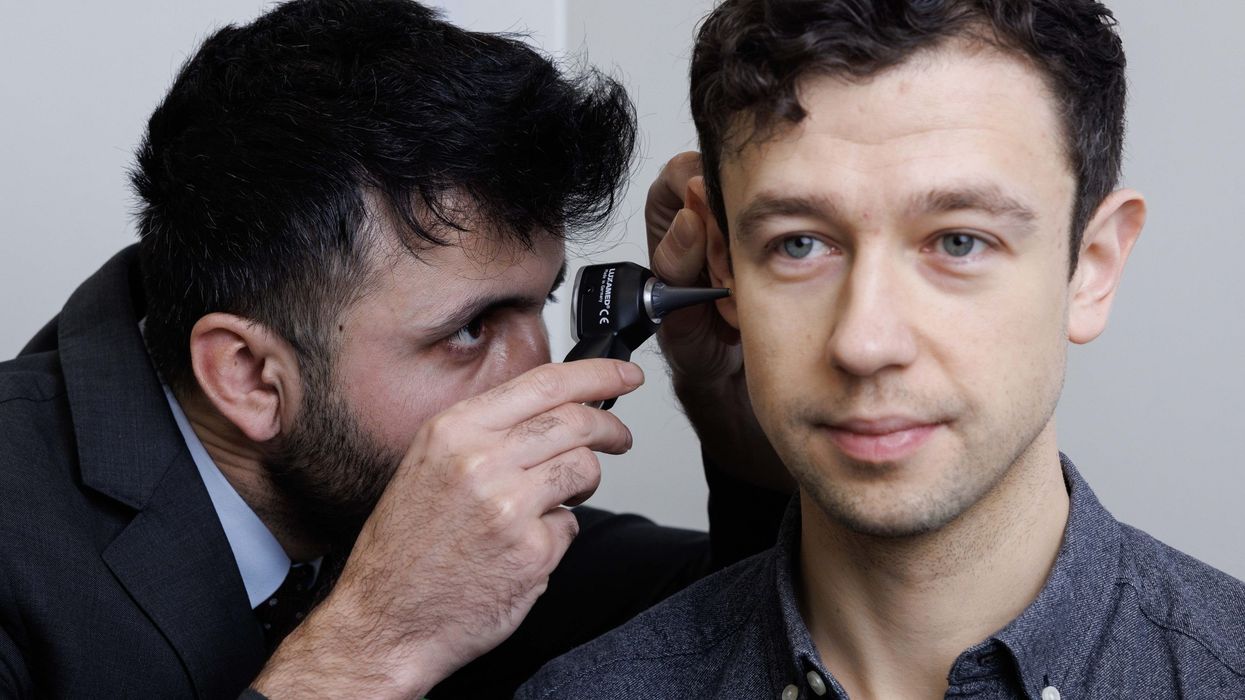Sustainable funding is vital to ensure that community pharmacies can remain open and continue to provide much-needed care to patients and communities
People in the UK are increasingly relying on community pharmacies for health advice and support as they are unable to access their general practitioner (GP).
According to a recent report by the Liberal Democrats, there was a significant increase in the number of patients waiting four weeks or more to see a GP in England last year, rising from 12.8 million in 2022 to 17.6 million.
Responding to this research report, the Royal College of General Practitioners (RCGP) highlighted that GPs are also struggling to meet the increasing demand for their services due to severe staff shortages.
Dr. Victoria Tzortziou-Brown, Vice Chair of the RCGP, stated that the average number of patients each GP is responsible for has increased by 158 compared to five years ago.
Although she acknowledged that many patients are forced to wait for weeks to see their GP, she said that doctors too are grappling with “unmanageable and unsustainable workloads” and “we can’t keep doing more with less.”
There’s a growing reliance on community pharmacies for patient care amid difficulty accessing GP services.
Janet Morrison, Chief Executive of Community Pharmacy England (CPE), said: “Since the COVID-19 pandemic, people have really struggled to access their GP, with the morning rush for appointments all too familiar. They have come to rely upon community pharmacies who stayed open and accessible for health information and advice.”
The PSNC Pharmacy Advice Audit 2022 report indicated that as many as a quarter of a million people visited community pharmacies every week because they were unable to access other parts of the NHS.
Almost half of patients reported that if they did not have easy access to a pharmacy, they would have visited their GP, which would have resulted in an additional 619,000 appointments per week.
Based on these figures, the committee estimated that 32.2 million GP appointments per year could be avoided if patients had access to their local community pharmacy.
“This is why the Primary Care Recovery Plan announced the investment in the Pharmacy First service for common ailments – with the goal of freeing up 10 -12 million GP appointments a year,” Morrison said.
Launched on January 31 this year, the new scheme allows patients to get treatment and medicines from their local pharmacy for seven common conditions, including sinusitis, sore throat, earache, infected insect bite, impetigo, shingles, and uncomplicated urinary tract infections in women, without needing to see a GP.
Morrison added that they have already heard “very positive feedback” from patients about the care they’ve received and the relief of being able to access the help they need in one place.
However, she emphasised the need for sustainable underlying funding to enable the pharmacies “to stay open and continue to provide much-needed care to patients and communities.”













